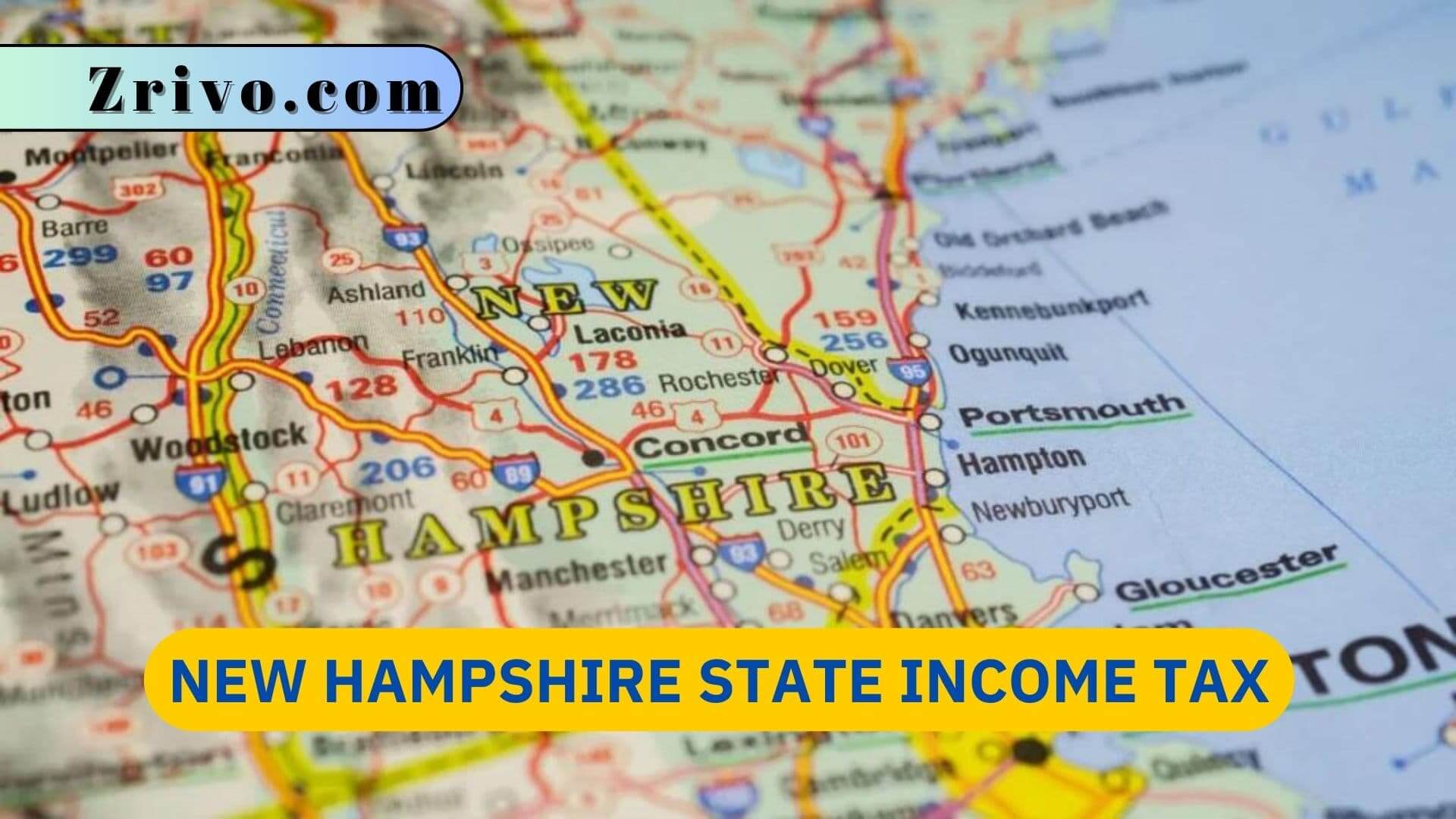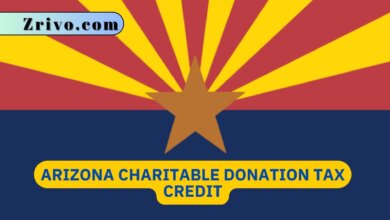New Hampshire State Income Tax 2023 - 2024
New Hampshire residents pay a variety of taxes, including state income tax, sales tax, property tax, and franchise tax. In addition, businesses must pay local and industry-specific taxes. These taxes help fund state and local priorities and support public services in the Granite State.

The New Hampshire Department of Revenue Administration (NH DRA) is the state agency that collects and administers taxes in the Granite State. If you have unpaid state income tax, you can work with the DRA to make arrangements to pay your debt. If you do not, the state may file a tax lien or take other legal action against you. The state uses a variety of taxes to raise money for its priorities and services. Some of these include taxes on business profits and compensation, restaurant meals and hotel room rentals, tobacco sales, utilities, real estate transactions, and insurance premiums. Local governments also use property taxes to generate revenue. These are typically based on mill rates, which are expressed as a percentage of the property value.
Who Must Pay New Hampshire State Income Tax
Unlike most other states, New Hampshire does not have a personal income tax on wages. However, it does have a state-level tax on interest and dividends. In 2022, residents who receive investment income will pay a 5% tax on earnings of $2,400 or more (single filers) or $4,800 or more (joint filers). The rate will decrease and phase out between 2023 and 2027.
Pass-through entities, such as LLCs and partnerships, typically don’t pay income taxes at the entity level. Instead, the profits are passed to the owners, partners, and members, who report them on their income tax returns. For these individuals, the state has a personal exemption of $10,000. State and local revenue sources include property taxes, business profit and compensation taxes, restaurant meals and hotel rooms, tobacco sales, insurance premiums, and motor fuels.

How to Pay New Hampshire State Income Tax?
Paying your New Hampshire state income tax is a straightforward process, and you have several options to choose from:
Granite Tax Connect: This is the Department of Revenue Administration’s (DRA) preferred method for filing and paying taxes. It’s available for various tax types, including individual income, business, meals & rentals, and more. You can create an account, file your return electronically, and make payments directly through the portal.
e-File New Hampshire: This platform is specifically for individual income tax returns. You can use it to file electronically and choose an authorized payment processor to submit your payment.
Paper Mail: You can file your return and mail a check or money order. Make sure you use the appropriate forms and address listed on the DRA website.
In-Person: You can visit the DRA office in Concord or satellite offices in other locations to file your return and make a payment in person.





